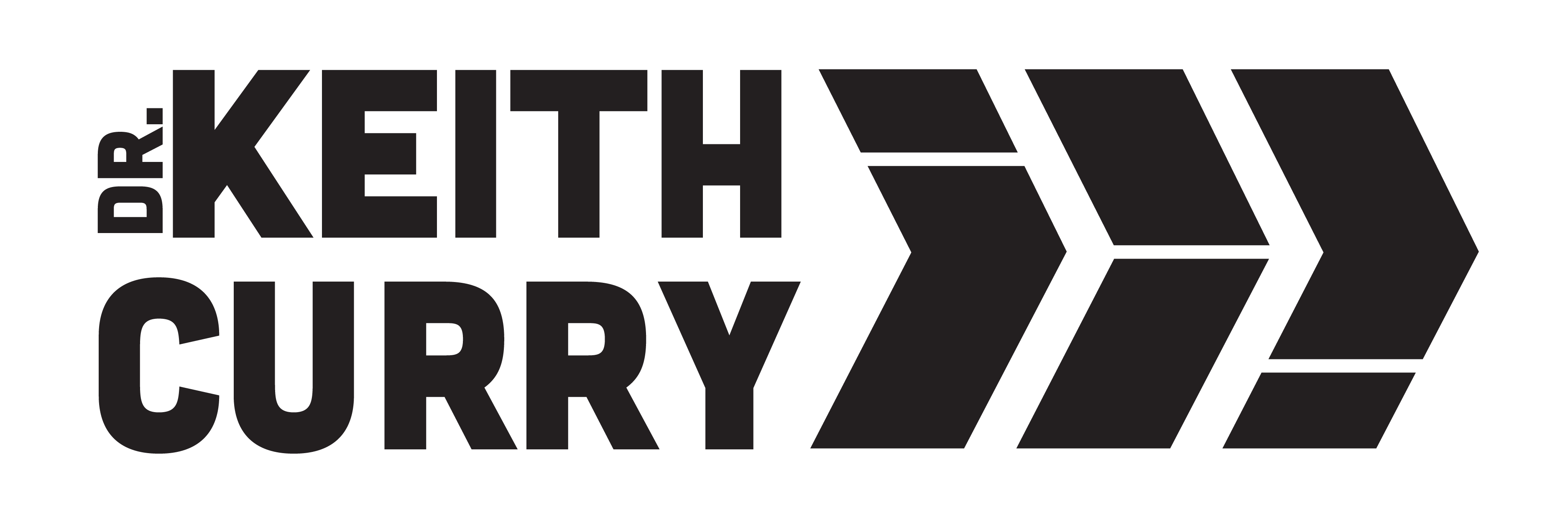Higher education, as a whole, knows we have a problem. If you tune into the national discourse, there is much discussion around the total cost of tuition and how much it really costs for students to complete their educational goals. In my circles, we talk a lot about the affordability of community colleges and the different strategies to help reduce costs and save our students money. But the information gap remains: students do not know or do not understand the true cost of education.
How can we expect students to know or understand the information or the true cost of their education? While American society has placed the responsibility on students to know what their education will cost them, I would argue this is unreasonable. It is my unapologetic belief that it is not their responsibility to know, it’s our obligation as educational leaders to provide the information, to make it easy to understand, and to continue to eliminate barriers. The fact is, we make the true cost of a postsecondary credential essentially a mystery, and then we wonder why so many have turned away from us in recent years (check my previous thought on this).
The case for higher education for would-be first-generation and low-income students, therefore, becomes an increasingly hard one to make. These individuals are the ones who are hurt most by these hidden costs brought on by student fees, textbooks, and more. For them, it could very well mean spending money that was supposed to go toward a meal.
Now, the student financial barrier has been exacerbated by the rising costs of higher education and the burden of student loan debt. The recent Level UP report calls attention to the alarming data that show 80% of Black Americans believe college is unaffordable. Information gaps stem from limited knowledge about financial aid and its process or the misconceptions of expected out-of-pocket costs, and lack of access to financial literacy education. (The out-of-pocket costs that frustrate me, as a leader, are parking fees, printing fees, and charging students for blue books and Scantrons, just to name a few.)
Leaders must unapologetically address these issues head-on. We must build partnerships, develop policies, and eliminate barriers that hinder student success. In doing so, we improve college access and choice for students, particularly Black students. At Compton College, we are partnered with Operation Hope to provide financial literacy opportunities on our campus. The Operation Hope staff member works out of the Financial Aid Department (Not many people know that this person is not funded by the district because their employee is here every day).
As leaders, we all have examples in our day-to-day lives when we are told a particular cost for an item and then after you pay that cost, there are these hidden costs no one told you about, but everyone assumed you knew.
Based on your experience, it’s unlikely you’re going to purchase that item again and you will tell every you know about what happened, and then you will swear that you will never purchase that item again. This is akin to what we do with our students and, more broadly, the communities that need us most. Leaders must unapologetically lead their institutions transparently, and eliminate these fees. Your students are depending on you.
To learn more about how we can support Black learners as they navigate higher education, visit: https://www.community4blacklearnerexcellence.com/publications.
